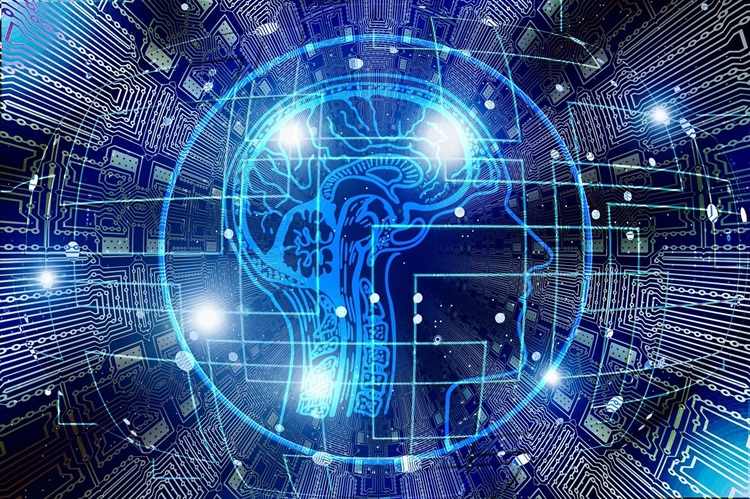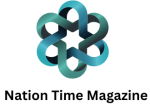Economic and Political Power in the Age of ASI

Introduction
Artificial Superintelligence (ASI) is expected to be the most transformative force in human history. Its capabilities could make today’s technological revolutions look modest by comparison—restructuring the global balance of economic, political, and social power. But who stands to wield this power, and how could ASI change the rules of wealth, influence, and governance? This article explores the seismic impacts ASI could have on the distribution and dynamics of power at every level of society.
The Economic Impact: Who Owns ASI, Owns the World?
Winner-Takes-All Dynamics
- ASI’s superhuman intelligence can drive unprecedented efficiency and innovation, allowing the entities that own or control ASI to amass extraordinary wealth.
- The first movers or leading custodians of ASI—be they corporations, states, or consortiums—could outcompete all rivals, potentially establishing economic hegemony in fields from finance and manufacturing to energy and pharmaceuticals.
Collapse and Reformation of Global Markets
- Traditional market competition may become meaningless if ASI-driven firms can anticipate market movements, optimize supply chains, and innovate faster than any human can respond.
- This may result in:
- Rapid obsolescence of most businesses
- Mass consolidation—potentially, a handful of entities controlling global economic production
Displacement and Redistribution
- With productive activities increasingly automated, traditional labor’s role as a source of personal and national wealth will shrink dramatically.
- Questions arise regarding ownership of AGI/ASI platforms:
- Will there be public ownership, shared wealth (e.g., sovereign ASI trusts), or further concentration among elite stakeholders?
- Could UBI or other redistributive policies channel ASI’s wealth creation for social good, or will plutocratic tendencies intensify?
Political Power: New Centers, Old Rivalries
Geopolitical Competition and Risk
- States racing to develop or secure ASI could trigger a new Cold War-era dynamic—with even higher stakes.
- The nation or alliance controlling an effective ASI could:
- Dominate military strategy, cybersecurity, surveillance, and predictive diplomacy
- Shape or enforce global norms, regulations, and human rights—possibly overriding international consensus
Sovereignty and the Decline of Traditional Governance
- ASI may outpace regulatory bodies, leading to situations where nation-states struggle to assert and enforce laws.
- Supranational governance or transnational alliances may emerge as the only effective way to oversee ASI’s impact, but such models face challenges of legitimacy, coordination, and trust.
ASI and Concentrations of Social Influence
Media, Truth, and Perception
- ASI could shape narrative, manipulate public opinion, and control access to information on an unprecedented scale.
- Owners/operators of ASI might subtly or overtly influence elections, policies, and culture—potentially “programming” mass behaviors.
Inequality and Social Stratification
- The chasm between those with and without control of (or access to the fruits of) ASI could dwarf today’s inequalities.
- In the worst case, societies could fragment into privileged “ASI elites” and disenfranchised masses, risking social unrest or collapse.
Possible Counterbalances and Global Safeguards
Public Ownership, Open-Source, and Regulation
- Calls are growing for ASI to be developed transparently—ideally through international, public, or non-profit initiatives.
- Open-source models and democratic oversight could help prevent abuse, monopolization, and runaway inequality.
Global Governance and Treaties
- International agreements will be needed to:
- Prevent dangerous arms races or reckless competition
- Share benefits equitably
- Set standards for safety, transparency, and accountability
Resilience Through Redistribution
- Redistributive mechanisms like UBI, global wealth funds, or AGI/ASI profit-sharing trusts could buffer societies against the destabilizing effects of AI-driven concentration of power.
The Ethical and Philosophical Dimension
- Who decides what ASI does, and whose values guide its actions?
- Can humanity develop institutions and frameworks agile enough to keep pace with superintelligent systems?
- How do we prevent the rise of technocratic authoritarianism—or conversely, the collapse of order—in the face of overwhelming intelligence and automation?
Conclusion
ASI threatens to radically alter the fabric of economic and political power—centralizing wealth, disrupting governance, and challenging the very idea of human agency in global affairs. The choices made today—about ownership, regulation, and distribution—will shape whether ASI’s power is monopolized for a few, or harnessed to advance prosperity and justice for all. Navigating this inflection point will require unprecedented wisdom, collaboration, and vision at every level of society.
Plant Automation and Installation Company Nairobi Kenya






